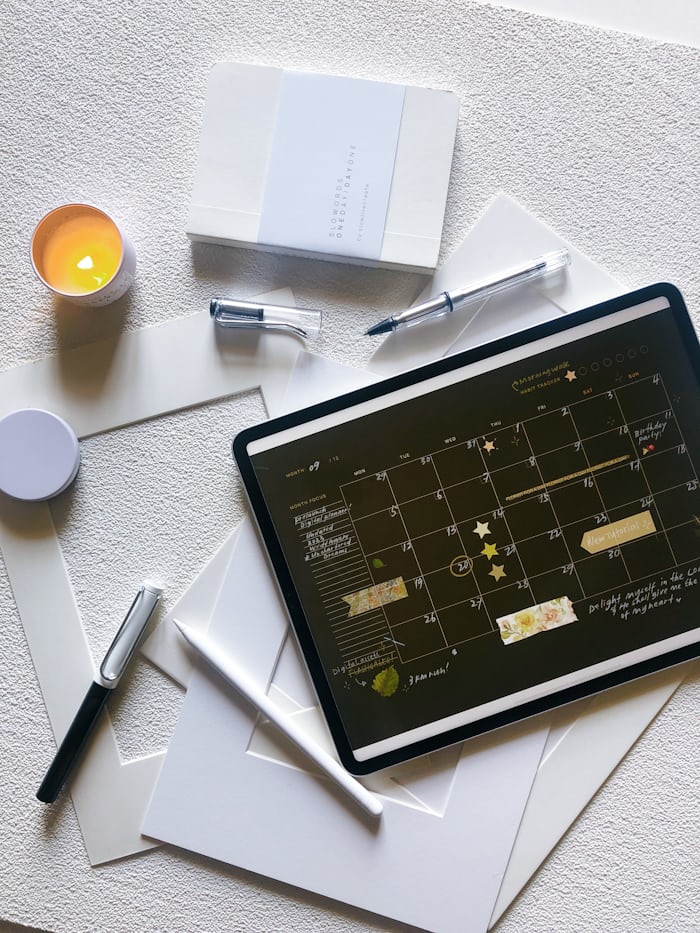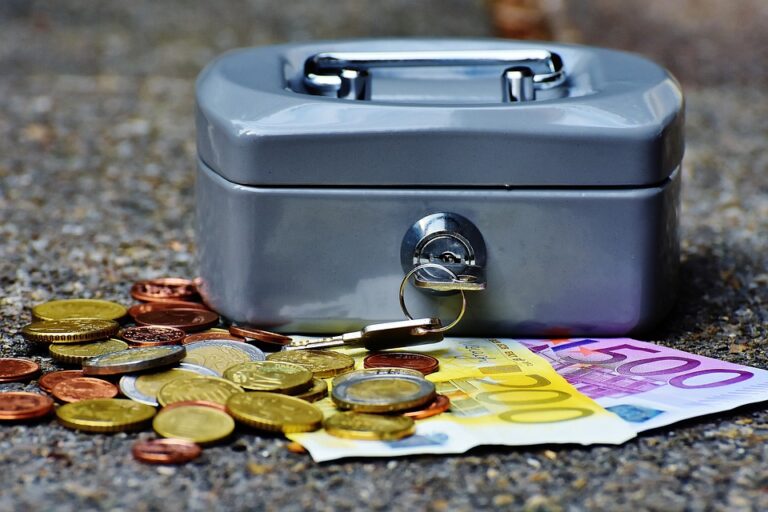Last updated Mar. 28, 2024 by Jessica Green
What are your plans if you lose your job today? How long until you get a new job? Do you have enough in your emergency funds to cater for yourself when an unexpected event occurs?
All the above are questions that need an immediate answer. Emergencies are unpredictable events capable of destabilizing your finances. And if you don’t act one step ahead, your financial life may be doomed.
So make plans for emergency funds to cushion you from setbacks. If you’re curious about how many months’ funds are enough to cater for an emergency, read on to find an answer.
What Is An Emergency Fund
An emergency fund is a savings bank account created to act as a financial safety net in the case of a job loss or when unexpected bills arise.
When you create an account that is dedicated to emergencies, it becomes your emergency funds – this fund can only be used for emergencies that require it.
To build an emergency fund, make a budget and decide on how much to save daily. Make a goal and set up automatic direct deposits. Continue making deposits even after exceeding your goal.
How Many Months Of Emergency Fund Is Enough?
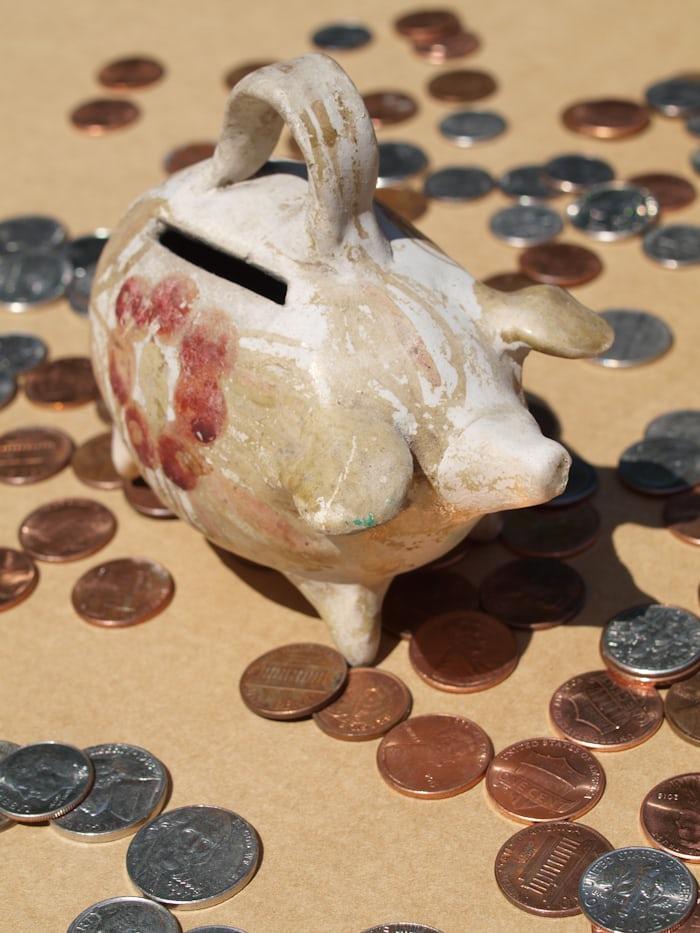
According to many financial experts, you should have at least three months’ worth of emergency funds. If you have a family or people that depend on your income, make emergency funds that could cover six months of expenses.
To conclude, make three to six months’ worth of emergency funds. If you think this isn’t enough, you can expand your savings goals.
How Many Months Of Emergency Fund Is Enough For You
Everyone’s living expenses are different. Your colleagues may need to save only three months’ worth of emergency funds, while you may need to save more.
To know how many months of emergency funds is enough for you, here’s a guide:
Know Your Financial Situation
According to Elizabeth Plot, founder of Primas Financial Planning, the right emergency fund is dependent on your circumstances.
Once you understand your financial situation, you’ll know how many months of emergency funds to save.
1. If you have an unstable job, you may need to be proactive and save many months of emergency funds since the probability of losing your job at any time is high.
2. If you owe debts, do not stress about saving money for emergencies. Focus on paying off the debts to avoid incurring overdue fees. If you make monthly debt payments on time, it’ll build your credit score. And with a good credit score, you can take out loans during emergencies.
Erin Lowry, author of the Broke Millennial book series advises on saving at least one month of emergency funds if you have debts to pay off.
3. If you’re just starting an emergency fund, make a goal to save at least three months’ worth of living expenses. Once you reach and exceed twelve months, make other financial goals.
4. If you want to be financially secure, save at least six months’ worth of emergency funds.
5. If you have no fallback plans, save six to twelve months’ worth of funds.
6. If you’re close to retirement, make arrangements for one to two years worth of expenses. Be mindful of how much you spend before retirement. Focus on saving as much as you can.
Another Interesting Article: 21 Cheapest Ways to Live to Cut Your Living Expenses
How Much Should You Put In An Emergency Funds Per Month

To calculate how much to put in an emergency fund per month, you need to review all the expenses you make in a month.
Here are the expenses to review
- Utility bills
- Transportation Cost
- Groceries and toiletries
- Mortgage Payment
- Child care
- Health care and medical bills
- Debt payment
- Insurance
Request your bank statement and review the expenses you made in the last three to five months. Do this to get the average amount you spend in a month.
For example, if you review your bank statement and discover that you spend $2,900 in the first month, $2,500 in the second month, and $2,700 in the third month.
Then the average amount you spend in a month is $2,700.
$2,900 + $2,500 + $2,700 = $8,100
$8,100 ÷ 3 = $2,700.
Since the average amount of expenses you make in a month is $2,700, you should put $2,700 into your emergency funds account per month.
In conclusion, put the average amount of money you spend in a month in your emergency funds account.
Note: It does not matter how long it takes for you to save up to three months of emergency funds. Go at your own pace. Put away a small amount each week or month until you achieve your goal.
Is 3-Month Emergency Funds Really Enough?
Financial experts advise on having at least 3 months’ worth of living expenses in emergency fund. But, is it really enough?
Yes! A three-month emergency fund is enough to get you through a period of unemployment. However, if this period gets prolonged, you may fall short of funds.
Thus, it is recommended to aim for six months’ worth of emergency funds. During these six months, you’ll have enough time to go job hunting.
How Do I Set Up My Emergency Fund
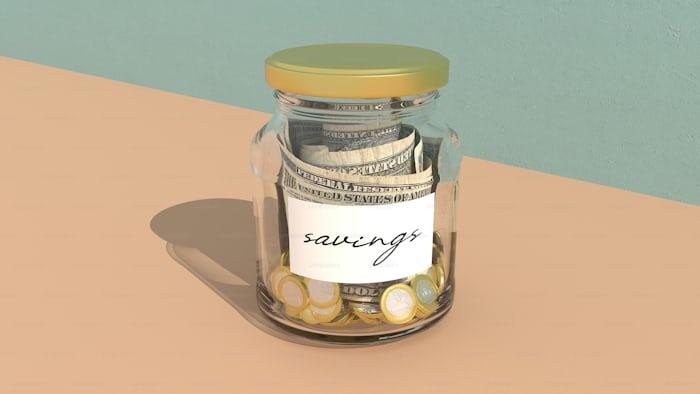
If you plan on setting up an emergency fund, here’s how to get started:
1. Decide On An Account To Use
Funds in an emergency account are not meant to be used until an emergency occurs. So go for an account that does not make your money easily accessible.
A savings account is ideal for saving your
emergency funds. The number of withdrawals is limited and your money stays liquid and safe.
Find a savings account that offers high interest and low annual fees.
Note: Do not invest in stocks or bonds with an emergency fund. The market is volatile and the chances of losing your money are high.
2. Set Small Goals
Making big and unrealistic goals for an emergency fund can demotivate you. So rather than plan for a three-month worth of expenses, start with a two-week or one-month goal.
Set aside little amounts until you achieve your small goal. And once it is achieved, make bigger goals.
For example, if your one month’s living expenses sum up to $2,700, set a target to save $200 weekly. It doesn’t matter if it takes up to two months to save one month’s worth of emergency funds.
Make small but regular contributions until you save three to six months’ worth of emergency funds.
3. Avoid Making Withdrawal
Once you set up an emergency fund account, avoid making withdrawals at a minor inconvenience.
Only tap from the account when you experience a major emergency.
4. Automate Your Savings
Link your savings account to your checking account and automate your savings process.
Instruct your bank or employer to deposit a specific amount of money during certain times of the month.
5. Reduce Monthly Spending
Setting up an emergency fund account can bring a sense of relief, comfort, and security. While this is good, do not get too comfortable as it can lead you to make unnecessary expenses.
6. Do Not Over Save
Saving money for emergencies is great. However, do not deprive yourself of certain enjoyments.
Once you meet your emergency fund goal, direct your money into an investment.
Why You Should Have An Emergency Fund
Aside from financial security here are other reasons you should have an emergency fund:
- Having a fund for emergencies prevents you from relying on credit cards and loans. Thus, there’s a low chance of getting into debt.
- Prevents Unnecessary Spending: If you channel parts of your income to a savings account, it will prevent you from having enough to spend on unnecessary things.
- Less Stress: Having a financial emergency without funds to tackle it causes stress and other mental problems. But if you save up for an emergency, you’ll avoid going into stress.
- An emergency fund acts as a shock absorber and prevents you from falling into a financial hole.
How To Build A Larger Emergency Funds
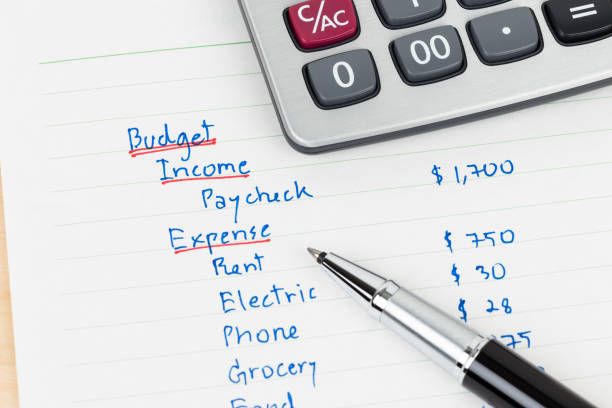
Saving for a 3 to 6 month’s worth of emergency funds is easier said than done. Living expenses take up most of your income and leave you with nothing for savings. If you’re having problems building a larger emergency fund, here are tips to help you:
1. Do not rush your saving process. Make little contribution until you achieve your goals. If you strain your finances in order to rush the process, you’ll be stressed out in the long run.
For most people, it takes a couple of years to save for a six months worth of emergency funds.
2. Take a side hustle: If your living expenses do not allow for savings, look into the idea of starting a side hustle.
3. Allow your employer or bank to transfer a certain amount of money each week or month to your savings account. If you set a daily or weekly automatic transfer, you’ll end up building a large emergency fund in no time.
Another Interesting Article: 18 Side Hustles With Low Startup Costs (Less Than $100)
Conclusion
A three to six month’s worth of emergency funds is enough for you. But if you make enough money, you can stretch it to twelve to eighteen months.
Frequently Asked Questions On Emergency Funds
Where To Keep Your Emergency Funds
Emergency funds should be kept in a high-yield savings account. Find an FDIC-insured bank with high yields and lower charges.
When Should You Spend Your Emergency Funds?
Emergency funds should be only used when there is an actual financial emergency like job loss, sudden illness, income reduction, and car repairs.
What To Do After You Have An Emergency Funds
Once you save enough for emergency funds, make investments, increase your monthly debt payments, save wedding funds, and save for a downpayment on a house.

